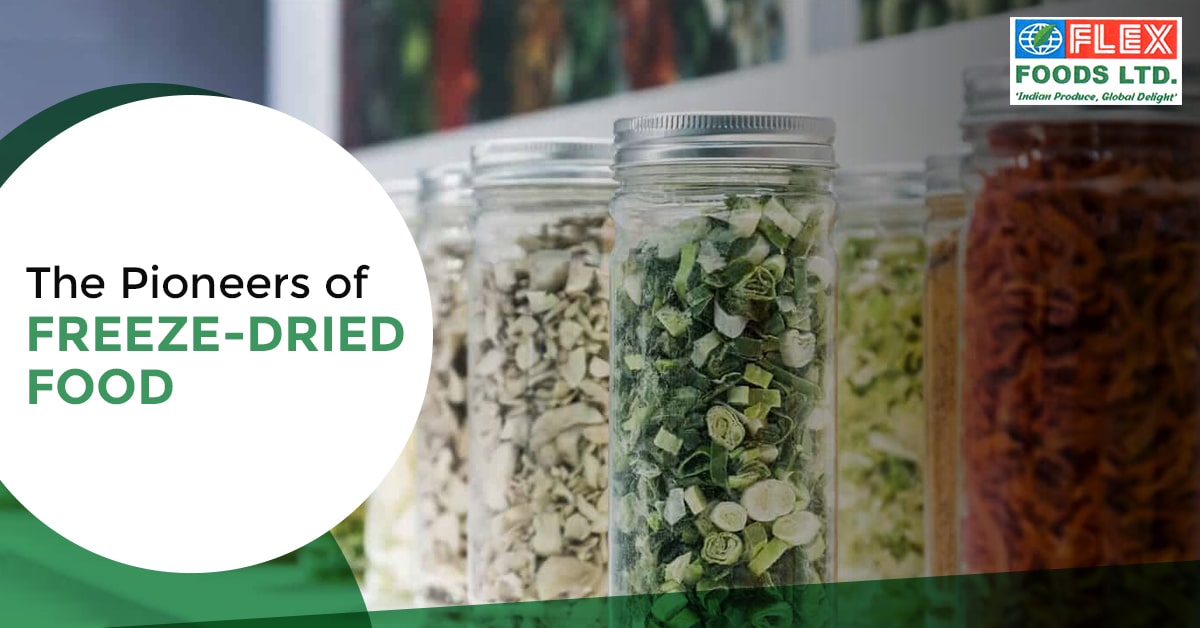In the modern world, where convenience often takes precedence, frozen vegetables have become a staple in many households. This comprehensive guide aims to explore the attributes that define the healthiest frozen vegetable without singling out a specific variety.
The Culinary Versatility
When considering the healthiest frozen veggie, it's essential to think about how versatile it is in various culinary applications. A versatile vegetable can be incorporated into a wide range of dishes, providing diverse culinary experiences. Here are some factors to ponder:
- Flavor Profile
The healthiest frozen vegetable should have a balanced and appealing flavor profile. It should complement various seasonings, herbs, and spices to enhance the overall taste of dishes. - Complementarity
Consider how well the vegetable pairs with other ingredients. A versatile choice can seamlessly blend with proteins, grains, and other vegetables in a harmonious culinary ensemble.
The Role of Dietary Diversity
A balanced approach involves incorporating a variety of frozen vegetables into your diet. Here's why:
- Micronutrient Complementarity
Different vegetables contain different nutrients. By diversifying your frozen fruits and vegetables intake, you ensure that you receive a broad array of vitamins and minerals, covering potential nutritional gaps. - Phytonutrient Synergy
Phytonutrients often work in synergy with one another. Consuming a diverse range of vegetables allows you to harness the combined health benefits of these compounds. - Flavor Variety
Variety in your vegetable choices also brings diversity in flavors and textures to your meals, making your diet more interesting and enjoyable.
Special Considerations
When determining the healthiest frozen vegetable, it's vital to consider individual dietary requirements and preferences:
- Health Goals
Your health goals may influence your choice of frozen vegetables. For instance, if you're looking to manage weight, you might opt for lower-calorie options, such as spinach or broccoli.
Sustainability
Sustainable practices are crucial for ensuring a healthier planet. Some considerations include:
- Seasonality
Select frozen vegetables that align with the seasons when they are naturally abundant. This choice promotes sustainability by reducing the energy required for refrigeration and transportation. - Packaging Opt
for frozen vegetables with eco-friendly packaging. Some brands offer recyclable or reusable packaging options, contributing to reduced waste. - Sourcing Research
the source of your frozen vegetables. Supporting local or sustainable farming practices can have a positive environmental impact.
The quest for the healthiest frozen vegetables is a multifaceted journey. It involves considering nutrient content, culinary versatility, dietary diversity, special dietary requirements, and environmental sustainability. While no single vegetable reigns as the unequivocal champion, a well- balanced approach that incorporates a variety of frozen vegetables into your diet ensures a comprehensive intake of essential nutrients and a flavorful culinary experience. In the end, the healthiest frozen vegetables are the one that harmonizes with your health goals, satisfies your taste buds, and supports a sustainable future for both you and the planet.
Bring home premium frozen green peas, frozen carrots, and frozen sweet corn with Flex Foods.

